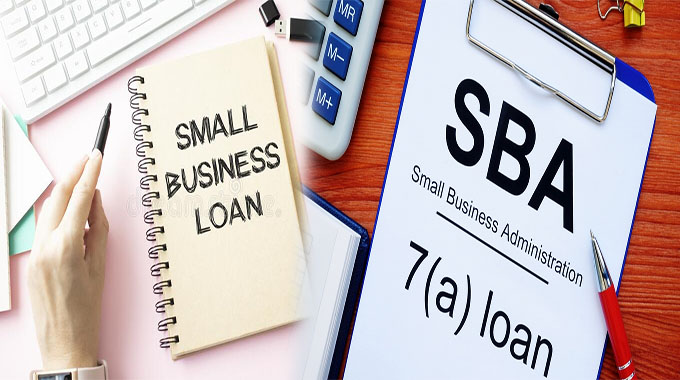There are several options for small business loans from the government. There are microloans and SBA 7(a) loans, as well as SBA contracts. The best loan option for your business depends on your needs. The SBA also consults with the Department of Treasury to determine how much you can borrow.
SBA 7(a) loan
SBA 7(a) loans are available to small businesses looking for funding to meet a variety of expenses. They can be used for revolving funds, equipment financing, construction financing, or renovations of existing buildings. The SBA sets a cap on the interest rates that can be charged under this program.
The SBA 7(a) loan application process typically takes 60 to 90 days to process. It may take additional time to process if the loan requires additional authorization requirements or collateral appraisals. When approved, the lender will begin the closing process. The borrower will then repay the loan through regular monthly payments. The processing time for a SBA 7(a) loan varies depending on the type of business, but it is generally around sixty to ninety days.
SBA loans are issued by certified lending partners, which are generally banks or credit unions. These lenders are required to guarantee a percentage of the loan amount to make sure the lender will get back the money. The SBA loan guarantee is usually 50% to ninety percent, depending on the size of the loan and the borrower’s qualifications.
SBA microloan
The SBA Microloan Program is a federal program that provides low-interest loans to small businesses. The SBA has reported that 80 percent of its loans went to minority and women-owned businesses. Many of these loans are made by nonprofit lenders. About 73 percent are also designated as “Community Development Financial Institutions” by the Department of Treasury. Those lenders must report their activity to the program.
SBA microloan repayment terms vary between lenders and are based on the loan amount and borrower’s needs. They can range from six years to seventy-two months. Interest rates are set by the intermediary lender. They are typically eight to thirteen percent, depending on how much the U.S. Treasury charges the intermediary.
In order to qualify for an SBA microloan, you must have good personal and business credit scores. If you have a poor credit score, it will be difficult to get approved. Also, if you have a history of fraud or theft, it will be more difficult to get approved for an SBA microloan.
SBA contract
If you want to work with the government to secure small business loans, an SBA contract can help you. The government sells natural resources and surplus property to fund a variety of government programs, and the SBA works with federal agencies to channel some of that money to small businesses. The SBA has five different programs that can help you secure funding, including timber, royalty oil, and SBA loans. Each of these programs has its own requirements and certification process.
There are many benefits to working with the SBA. The agency can offer you counseling, specialized business training, and marketing assistance. In some cases, it can also provide a loan guarantee or bonding assistance.













